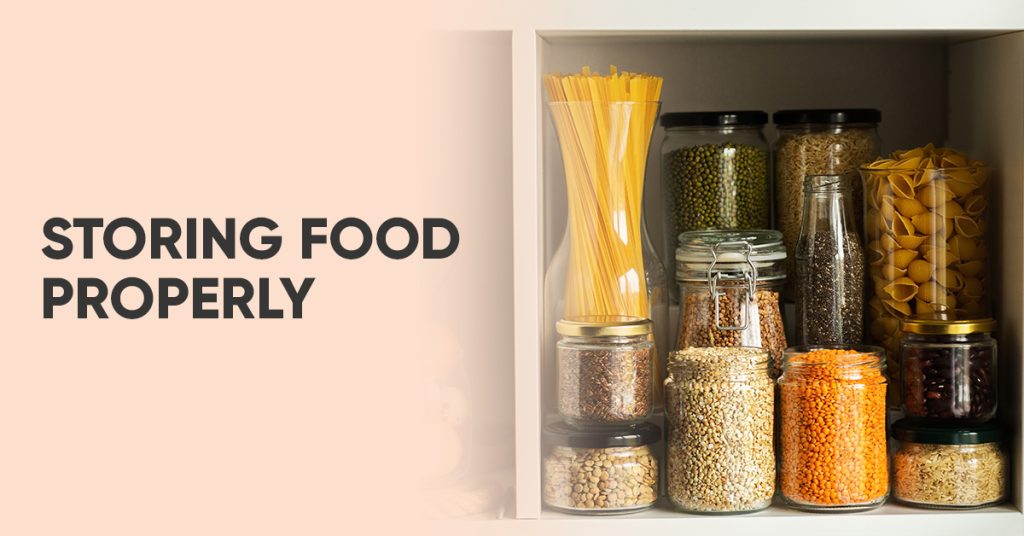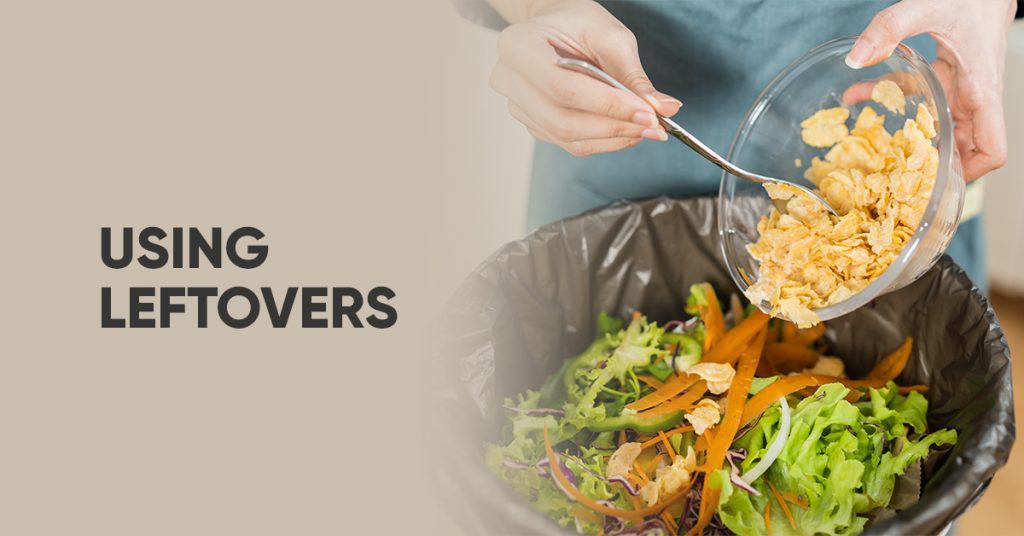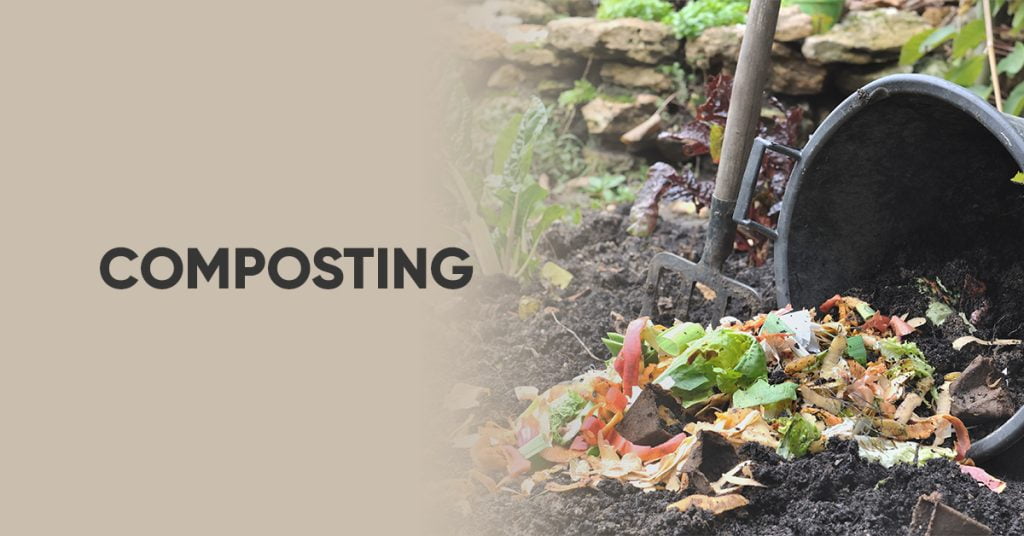In this blog post, we will explore how to reduce food waste and save money in the kitchen and beyond, from farm to table.
Food waste is a serious problem that affects us all. In fact, according to the United Nations, one-third of all food produced in the world is wasted. This has significant environmental, social, and economic consequences.
Not only does it contribute to climate change, but it also results in higher food prices and wasted resources. Fortunately, there are steps we can take to reduce food waste and save money in the process.
Table of contents
Estimated reading time: 6 minutes
Food Waste: Why it’s a Problem?
Before we can take steps to reduce food waste, it’s important to understand why it’s a problem. Food waste contributes to greenhouse gas emissions, which contribute to climate change.
- Food waste has a significant social impact. It is estimated that one in nine people in the world do not have enough food to eat. By reducing food waste, we can help address food insecurity and ensure that everyone has access to nutritious food. Additionally, reducing food waste can help reduce the cost of food, making it more affordable for everyone.
- Food waste also wastes resources such as water, energy, and land, which are used to produce the food. This means that food waste contributes to resource depletion, which can have long-term consequences for food security and sustainability.
- Food waste also contributes to the loss of biodiversity. When food is produced, it often requires the use of land, water, and other resources that are taken from natural ecosystems. When food is wasted, these resources are lost, and ecosystems may be degraded or destroyed.
Additionally, food waste is a missed opportunity to feed those in need. By reducing food waste, we can conserve resources, reduce greenhouse gas emissions, and help address food insecurity.
Understanding the Problem of Food Waste in Details
Food waste is a serious problem that affects us all. In fact, according to the United Nations, one-third of all food produced in the world is wasted. This has significant environmental, social, and economic consequences. Not only does it contribute to climate change, but it also results in higher food prices and wasted resources. Understanding the problem of food waste is the first step towards finding solutions to this issue.
The environmental impact of food waste is significant. When food is thrown away, it ends up in landfills where it decomposes and produces methane gas, a potent greenhouse gas that contributes to climate change.
Methane gas is 25 times more effective at trapping heat in the atmosphere than carbon dioxide. In addition to greenhouse gas emissions, food waste also wastes resources such as water, energy, and land, which are used to produce the food. This means that food waste has a significant carbon footprint.
Food waste also has social consequences. It is estimated that one in nine people in the world do not have enough food to eat. By reducing food waste, we can help address food insecurity and ensure that everyone has access to nutritious food. Additionally, reducing food waste can help reduce the cost of food, making it more affordable for everyone.
The economic consequences of food waste are also significant. According to the Natural Resources Defense Council, Americans throw away $218 billion worth of food every year. This means that households are spending money on food that they never consume. Additionally, food waste results in higher costs for waste disposal and environmental cleanup.
How to Reduce Food Waste & Save Money in the Kitchen
Planning Your Meals:

One of the most effective ways to reduce food waste is to plan your meals. This means taking stock of what you have in your pantry, fridge, and freezer, and planning meals around those ingredients. This can help you avoid buying unnecessary items and reduce the likelihood of food going bad before you have a chance to use it.
Shopping Smart:

When shopping for groceries, it’s important to shop smart. This means buying only what you need, and avoiding impulse purchases. Additionally, it’s important to pay attention to expiration dates and use-by dates, and to choose products that have a longer shelf life.
Storing Food Properly:

Proper storage is key to reducing food waste. This means storing food at the appropriate temperature and in the appropriate container. For example, perishable items should be stored in the fridge or freezer, and items that are prone to spoiling quickly should be consumed first. Additionally, it’s important to keep your fridge and freezer organized so that you can easily find what you need.
Using Leftovers:

Leftovers are a great way to reduce food waste and save money. Rather than throwing away leftover food, try incorporating it into a new meal. For example, leftover chicken can be used to make a salad or sandwich, and leftover vegetables can be added to a stir-fry or omelet. Additionally, you can freeze leftovers for later use.

Composting:

Composting is a great way to reduce food waste and create nutrient-rich soil for your garden. This means collecting food scraps, yard waste, and other organic matter and allowing it to decompose over time. Composting can be done in your backyard or through a municipal composting program.
Supporting Local Farmers:

Supporting local farmers is another way to reduce food waste and support your community. By buying directly from farmers, you can ensure that food is fresh and in-season, and you can help reduce the amount of food that goes to waste. Additionally, you can learn more about where your food comes from and support sustainable agriculture practices.
Conclusion
Reducing food waste is a critical step in addressing the challenges of climate change, food insecurity, and resource conservation. By planning your meals, shopping smart, storing food properly, using leftovers, composting, and supporting local farmers, you can help reduce food waste and save money in the process. Together, we can create a more sustainable food system and build a better future for all.

Read More:




